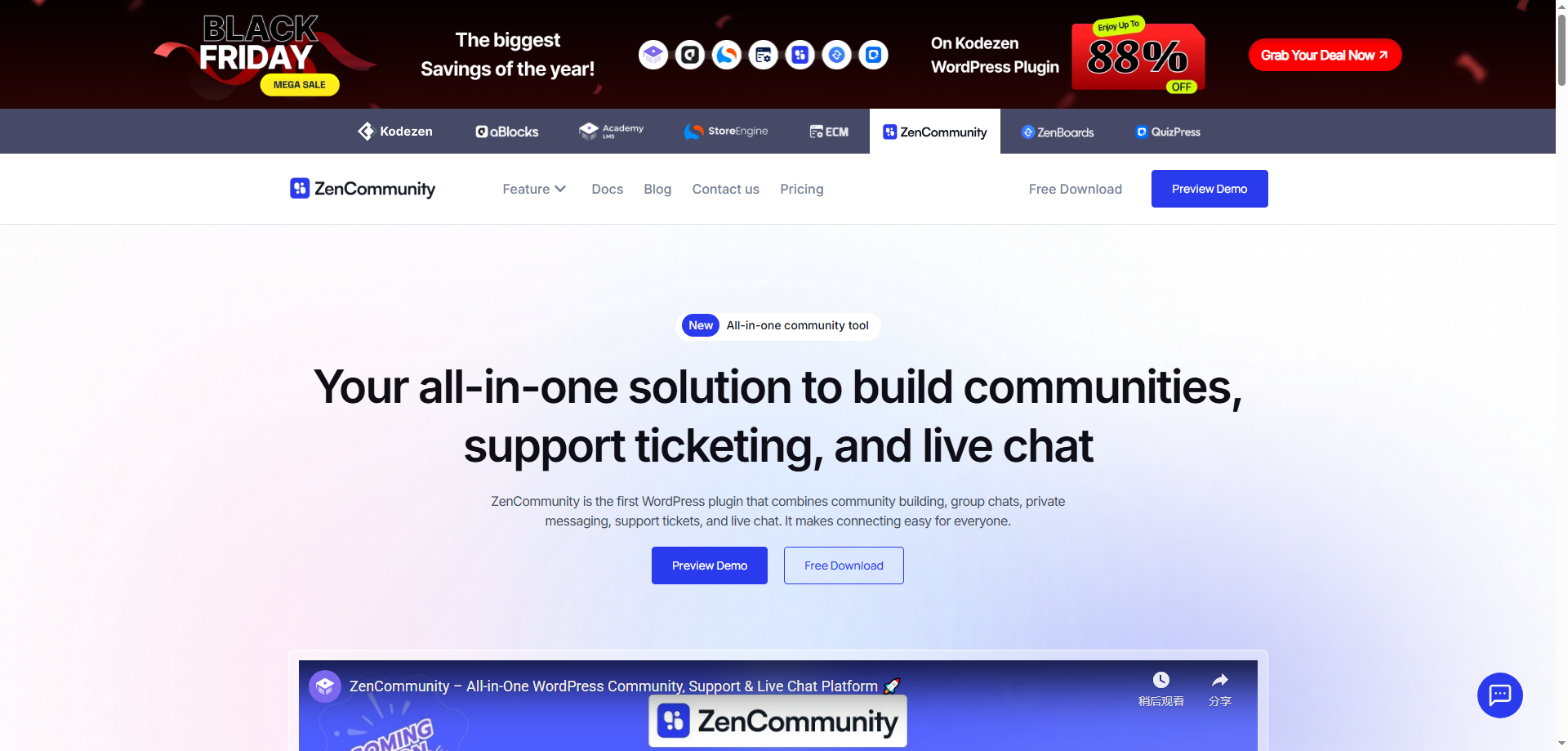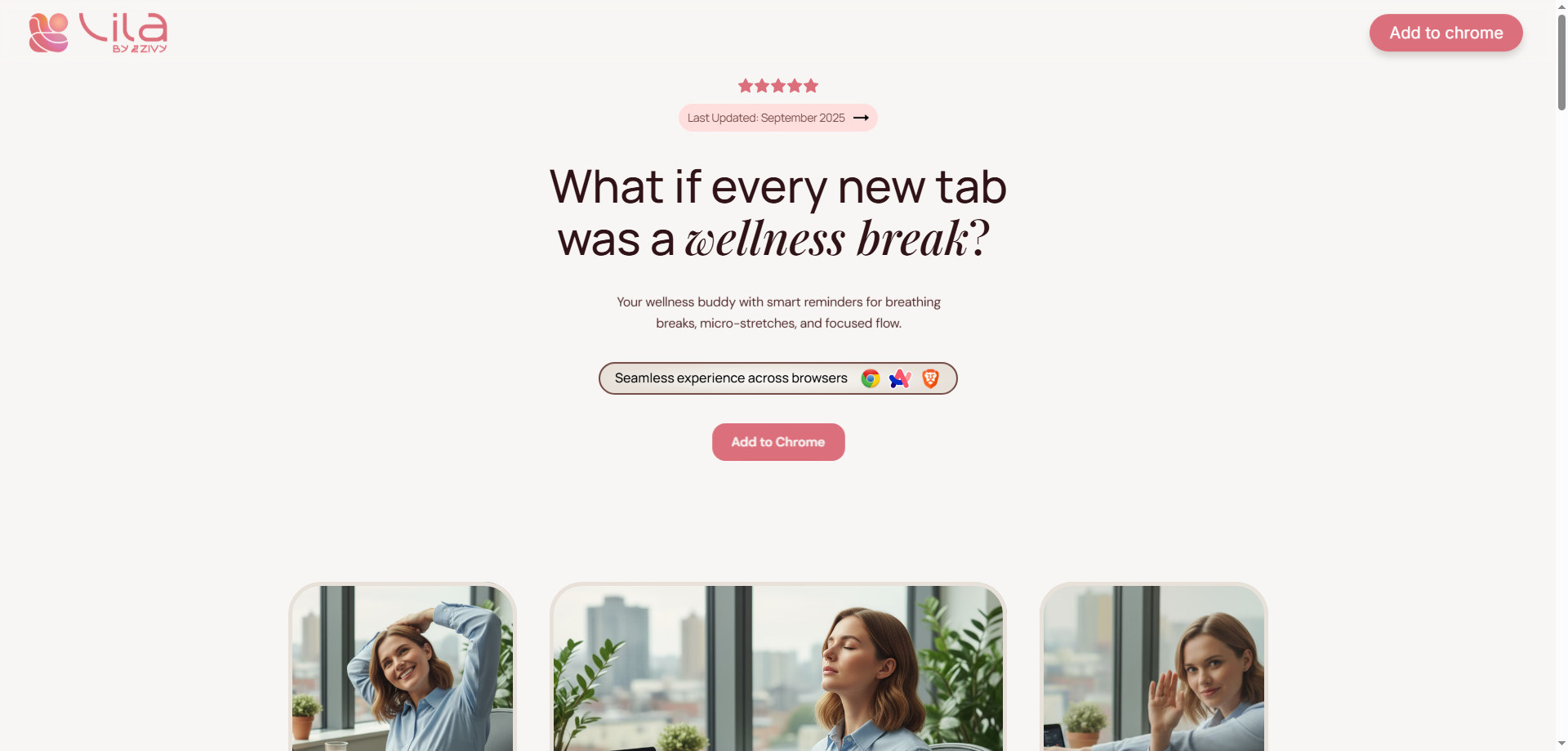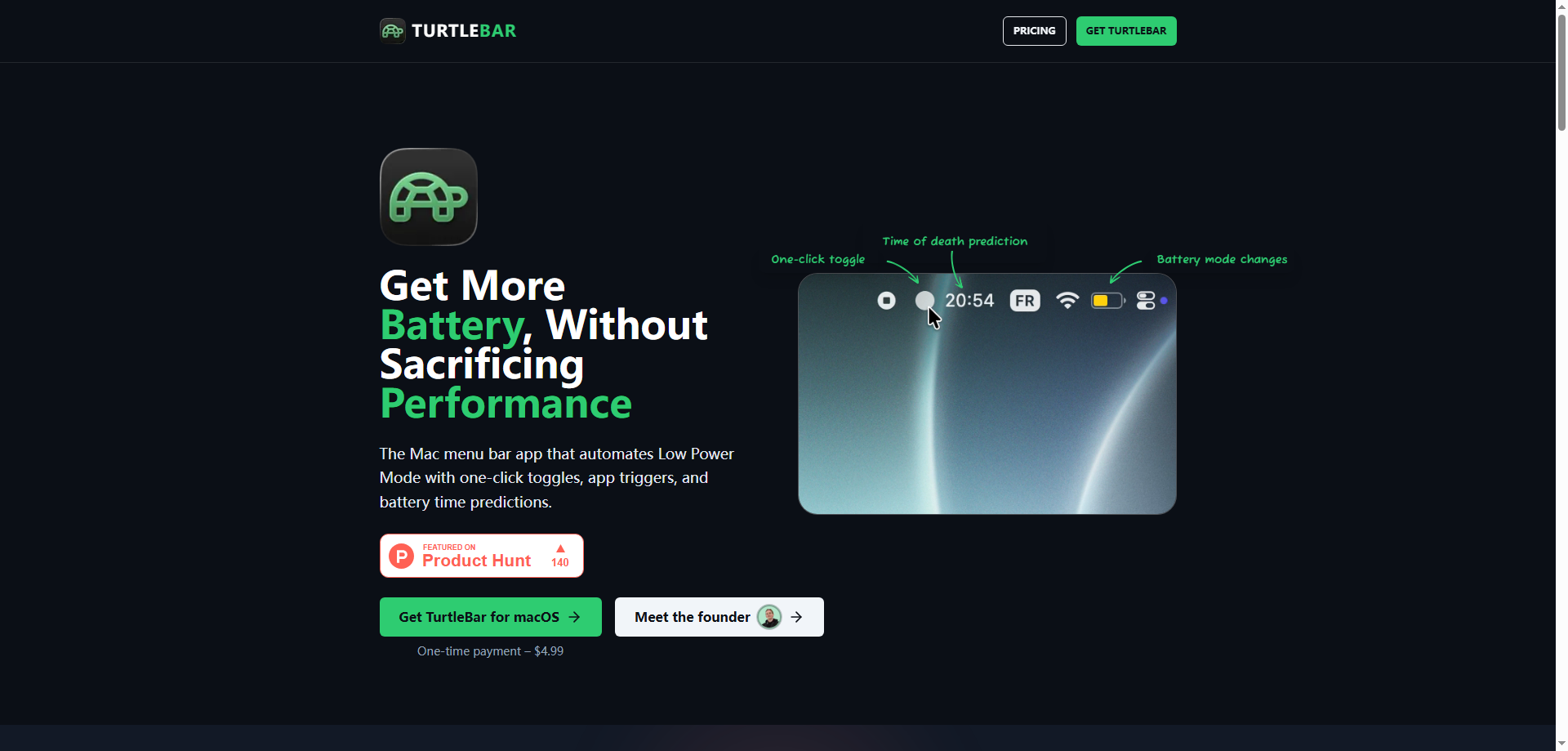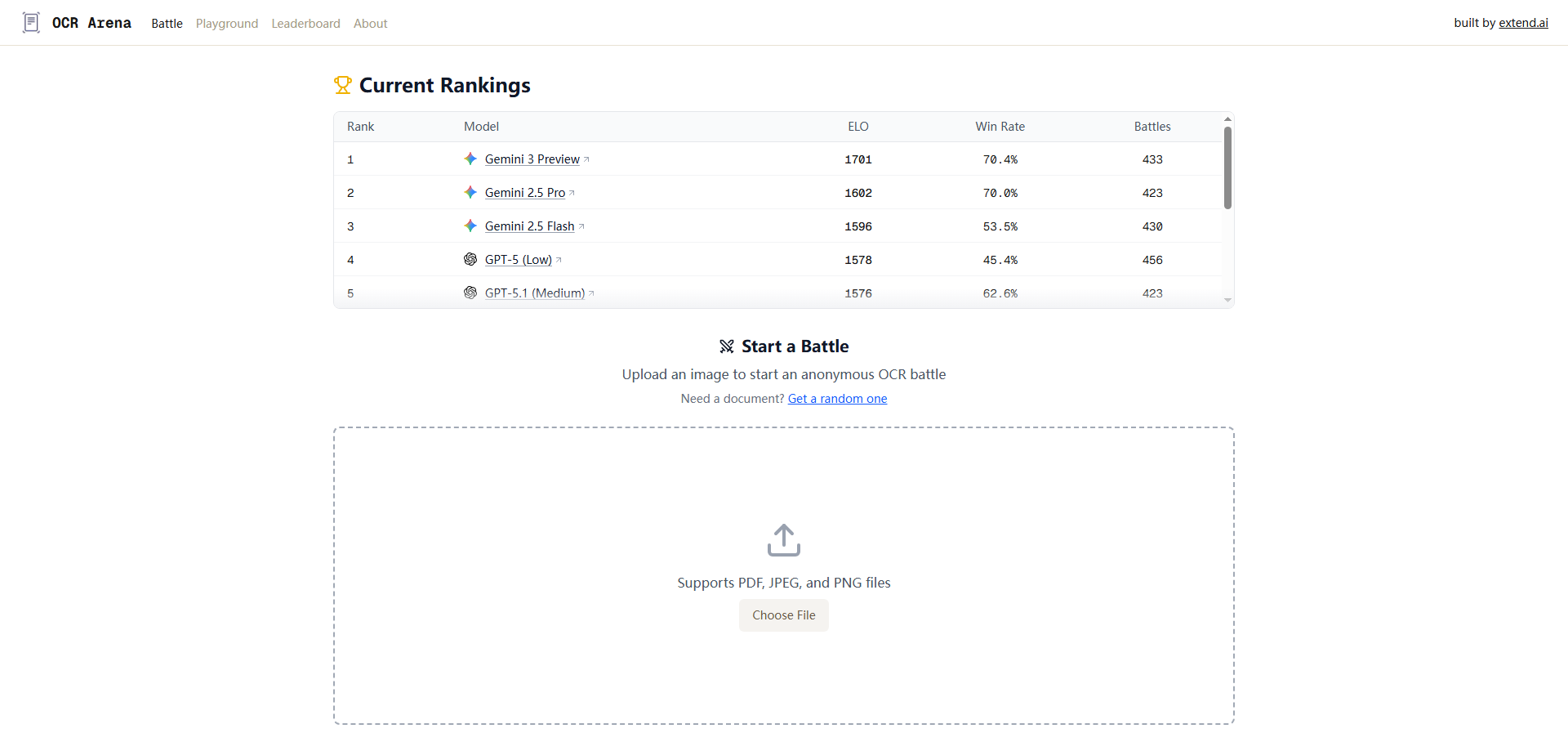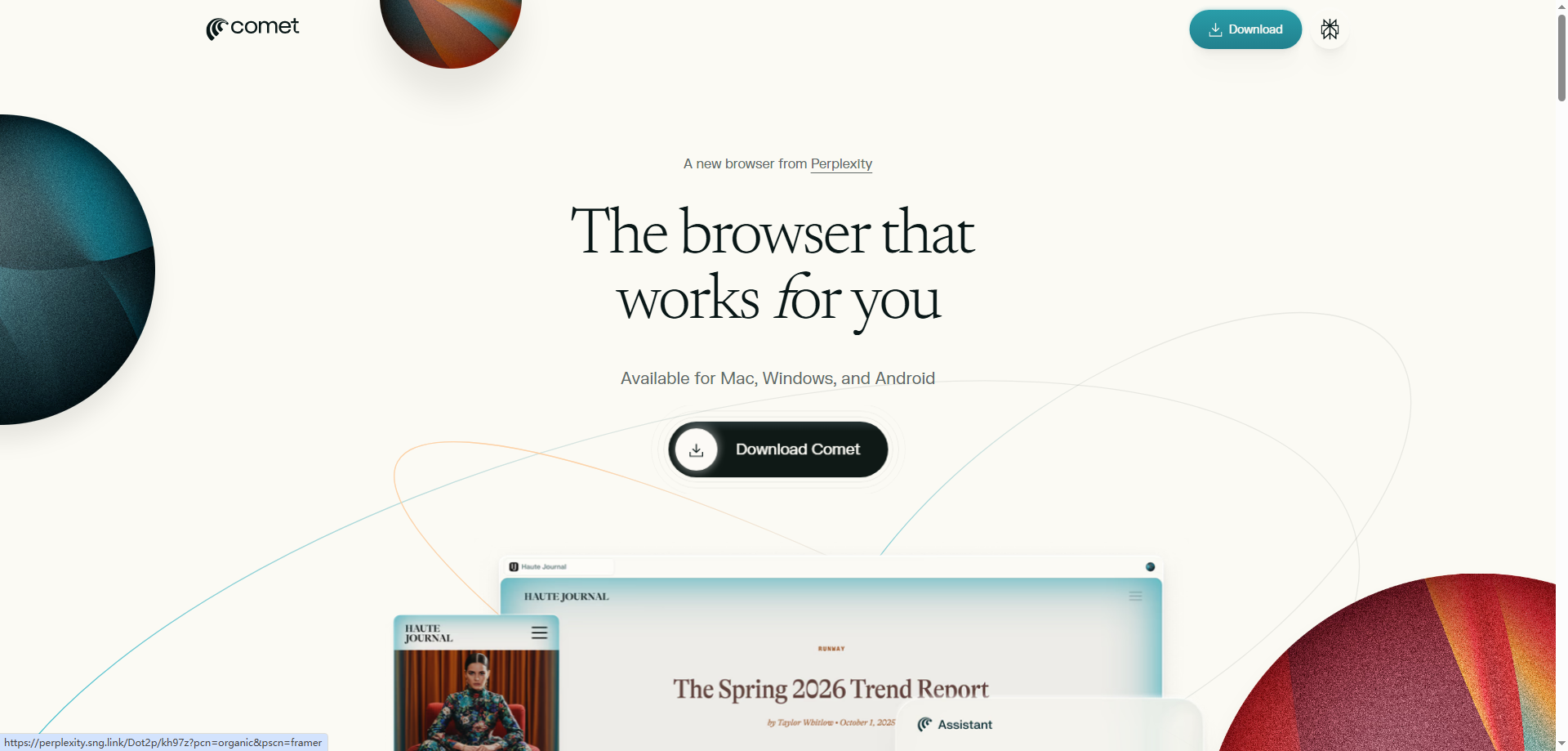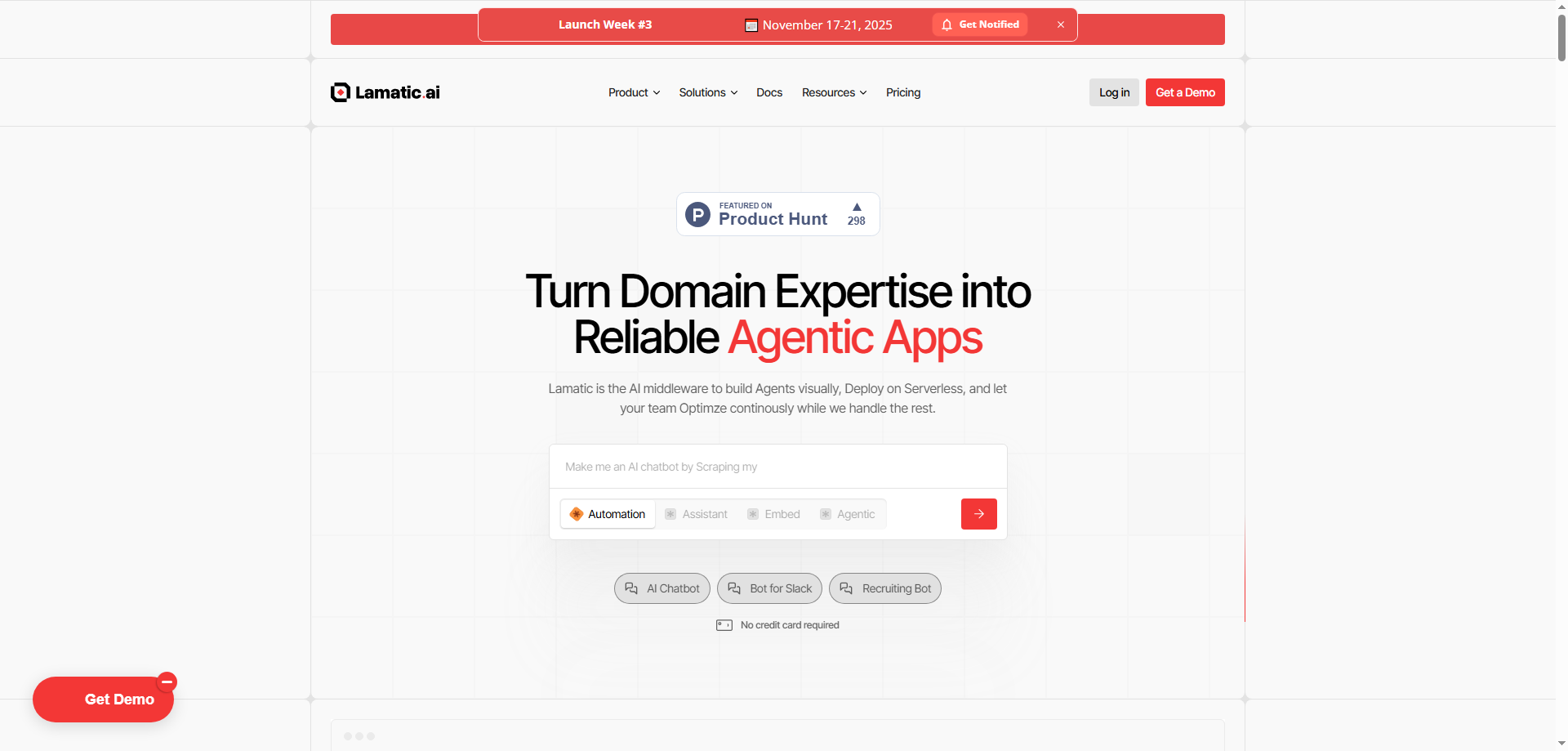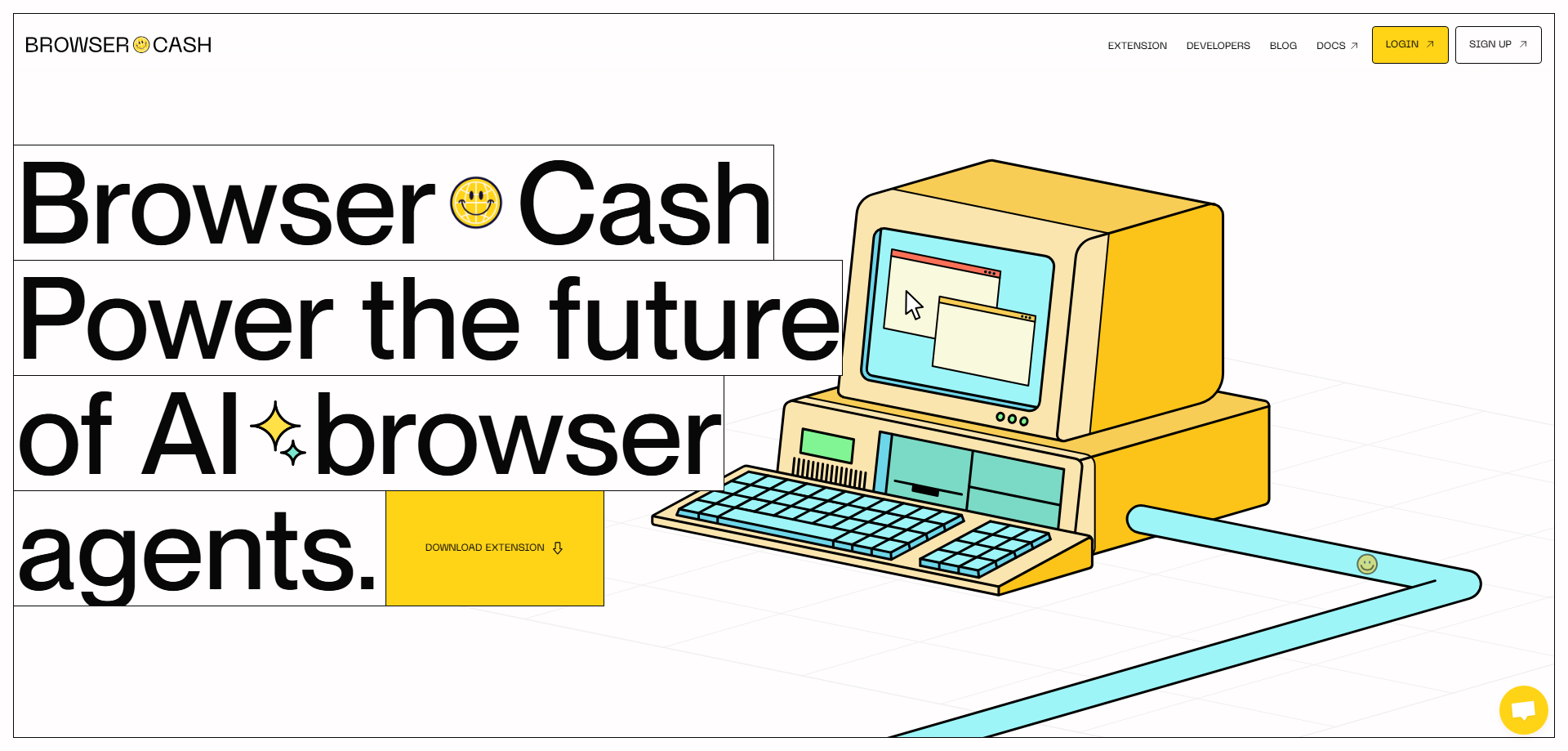The Creative Concept: ZenCommunity's All-in-One Community Vision
When I first heard about ZenCommunity, I thought, "Great, another WordPress plugin trying to do everything." But as I dug deeper into what they're actually building, I realized there's some genuine creative thinking here that deserves attention.
The core creative insight behind ZenCommunity is addressing fragmentation. Right now, if you want to build a community on your WordPress site, you're probably cobbling together multiple plugins: one for forums, another for support tickets, maybe a third for live chat, and don't even get me started on trying to make them all work together. ZenCommunity is saying, "What if all of that lived in one cohesive system?"
What I find particularly creative is the Facebook Groups inspiration. Most WordPress community plugins feel... old. They're built on forum paradigms from 2005. ZenCommunity is looking at how people actually communicate in 2025—real-time, visual, with media sharing and mentions—and bringing that experience to WordPress. That's smart creative positioning because everyone understands how Facebook Groups work. There's no learning curve to explain.
The real-time aspect is where the creativity really shines for me. Traditional WordPress solutions are page-reload based. You post something, refresh the page, see responses. That feels ancient compared to modern web apps. ZenCommunity promises lightning-fast, real-time interactions. If they've actually solved the technical challenges of real-time on WordPress (which is notoriously difficult), that's genuinely innovative.
The integration of support tickets directly into the community is creatively smart. Usually, community spaces and support systems are separate. But think about it—when users have problems, they often ask in community forums first anyway. ZenCommunity is acknowledging this reality and making the transition between community discussion and formal support seamless. That's thoughtful workflow design.
What concerns me slightly about the creative vision is scope. They're tackling three complex systems—community, support, and chat—simultaneously. Each of these is its own product category with established players. The creative ambition is admirable, but it's also risky. Can they execute all three well enough to compete?
The "native WordPress" positioning is clever. WordPress powers 43% of the web. By making this a plugin rather than a separate platform, ZenCommunity removes integration headaches and taps into a massive existing market. That's smart creative strategy—go where the users already are rather than trying to lure them to a new platform.
I also appreciate the flexibility angle in their creative vision. Whether you're running an online course, customer portal, or team workspace, ZenCommunity adapts. That's a "platform" approach rather than a "feature" approach, which is more sustainable long-term if they can pull it off.
The media sharing, mentions, and commenting features might seem basic, but they're essential for modern community feel. ZenCommunity isn't reinventing interaction paradigms; they're bringing expected, familiar interactions to WordPress communities. Sometimes the best creativity is recognizing what works and implementing it well where it's missing.
Overall, the creative vision is solid: bring modern, real-time community experiences to WordPress through an integrated plugin that eliminates the need for multiple disconnected tools. It's not revolutionary, but it's solving a real problem in a thoughtful way.
Can ZenCommunity Replace Your Current Community Stack? The Disruption Question
Alright, let's talk disruption. I've built several WordPress-based communities over the years, and my current stack is messy. I'm running BuddyPress for community features, Help Scout for support tickets, and either Intercom or Tawk.to for live chat. Can ZenCommunity actually replace all of that? Let's analyze honestly.
Competing Against BuddyPress and bbPress:
These are the established WordPress community solutions. BuddyPress has been around since 2009 and has a massive user base. Can ZenCommunity disrupt it? Maybe, but it's tough. BuddyPress is free, open-source, and has thousands of plugins extending it. ZenCommunity's advantage would need to be significantly better UX and the integrated support/chat features. If they can deliver a noticeably more modern experience, they have a shot at winning over new projects. Existing BuddyPress sites migrating would be harder.
Competing Against Support Ticket Systems:
WordPress has several support ticket plugins: Awesome Support, WP Support Plus, and integrations with services like Zendesk or Freshdesk. ZenCommunity's advantage is integration with community. If I can see a user's community activity when they submit a ticket, that's valuable context. If users can escalate community discussions to tickets seamlessly, that's better workflow. The question is whether ZenCommunity's ticketing features match the depth of dedicated support systems. For small to medium operations, probably yes. For enterprise support needs, probably no.
Competing Against Live Chat:
Live chat is dominated by Intercom, Drift, Zendesk Chat, and dozens of others. Most of these are SaaS platforms, not WordPress plugins. ZenCommunity's advantage is data ownership and privacy—everything stays on your WordPress server. The disadvantage is that these SaaS platforms have years of refinement, mobile apps, advanced routing, chatbots, and analytics. Can ZenCommunity match that feature depth? Unlikely in v1.0. But for basic real-time community chat, it might be good enough.
The Real Disruption Opportunity:
Where I see genuine disruption potential is in the overlap category: sites that need community AND support AND chat but don't want to manage three separate systems. Think about these use cases:
-
Online course creators using LearnDash or LifterLMS: They need student communities, support systems, and real-time help. Currently, they're duct-taping multiple plugins together. ZenCommunity could be their one-stop solution.
-
Membership sites on WordPress: Whether it's a paid community, professional network, or subscription content site, they all need these three components. ZenCommunity could own this niche.
-
Small to medium businesses using WordPress: Companies that want customer communities on their existing WordPress sites rather than directing people to Facebook Groups or Discord. ZenCommunity keeps everything on-brand and under their control.
The disruption won't come from being better than specialized tools at their specific functions. It'll come from being "good enough" at all three while being significantly more convenient and integrated.
Platform Control as Disruption:
There's another disruption angle I'm excited about: data ownership. Discord, Slack communities, Facebook Groups—they're all great until the platform changes rules, gets acquired, or shuts down. ZenCommunity keeps everything on your WordPress installation. You own your data, control your destiny. For privacy-conscious organizations or those in regulated industries, that's genuinely valuable.
Where ZenCommunity Can't Disrupt:
Let's be real about limitations. Enterprise operations with complex support workflows, SLA requirements, and advanced ticketing features won't replace Zendesk with ZenCommunity. Large-scale communities that need advanced moderation, content discovery, and analytics probably need dedicated platforms. ZenCommunity is targeting the 80% use case, not the 20% edge cases.
My verdict on disruption: ZenCommunity won't replace specialized, best-in-class tools for each category. But it could genuinely disrupt the "good enough integration" market—WordPress sites that need all three capabilities without complexity. That's a substantial market opportunity if they execute well.
Will WordPress Users Actually Adopt ZenCommunity? The Acceptance Analysis
Now for the crucial question: will WordPress site owners actually use ZenCommunity? The Product Hunt data gives us some signals: 156 votes with 10 discussions. That's... modest. Not bad, but not exciting either. Let's dig into what this means for user acceptance.
The WordPress Plugin Market Reality:
WordPress has 60,000+ plugins in its repository. Getting noticed is incredibly difficult. Getting adopted is even harder. Users are overwhelmed with choices and often stick with familiar solutions rather than trying new ones. ZenCommunity faces this uphill battle immediately.
The Target User Segments:
Let me think about who would actually adopt ZenCommunity:
Online Course Creators: This is probably ZenCommunity's strongest market. People running courses on LearnDash, LifterLMS, or Tutor LMS desperately need student communities. Currently, they're creating Facebook Groups (which pulls users off their platform) or setting up BuddyPress (which feels outdated). If ZenCommunity can provide a modern, integrated alternative, course creators will jump on it. The question is whether they can afford it and whether setup is easy enough.
Membership Site Owners: People running paid memberships need to provide value beyond just content. Community features significantly increase perceived value and retention. If ZenCommunity makes community setup easy and looks professional, membership site owners will be interested. But they're comparing against MemberPress communities, Mighty Networks, and Circle—all of which have polish and track records.
Small Business Customer Portals: Businesses that want to provide better customer experiences through community and support will consider ZenCommunity. The challenge is that businesses often prefer SaaS solutions with guarantees, uptime commitments, and support. A WordPress plugin feels riskier. ZenCommunity needs to overcome this perception.
Team Collaboration: Using ZenCommunity for internal team collaboration is possible but faces brutal competition from Slack, Microsoft Teams, and Notion. Unless there are specific WordPress integration needs, most teams won't switch to a WordPress-based solution.
The Technical Expertise Barrier:
Here's a reality check: Setting up and maintaining WordPress plugins requires technical knowledge. ZenCommunity's target users need to understand WordPress administration, server requirements, updates, and troubleshooting. This immediately excludes non-technical users who'd prefer turnkey SaaS solutions. The potential market is WordPress-comfortable users, which is substantial but not everyone.
The Cost Consideration:
I don't see pricing information for ZenCommunity, but this will massively impact acceptance. WordPress users are spoiled by free plugins. If ZenCommunity charges $99-299/year, they need to prove clear value over free alternatives like BuddyPress. If they charge monthly SaaS-style pricing, they lose the "WordPress native" cost advantage. Finding the right pricing is critical.
The Migration Challenge:
Most sites considering ZenCommunity already have communities somewhere—Facebook Groups, Discord, existing WordPress forums. Migrating existing communities is painful. Users, content, relationships—moving all that is risky and time-consuming. Unless ZenCommunity provides excellent migration tools, adoption will be limited to new projects rather than existing community migrations.
The Trust Factor:
With 156 Product Hunt votes and limited discussion, ZenCommunity hasn't yet proven itself in the market. WordPress users need to trust that a plugin will be maintained, updated, and supported long-term. Abandoned plugins are a nightmare. ZenCommunity needs to rapidly build credibility through reviews, case studies, and active development.
Real-Time Technical Concerns:
The real-time features are compelling but also raise technical questions. Does this require special server configurations? Will it work on shared hosting? How does it impact site performance? These are deal-breakers for many WordPress users who don't have technical expertise or expensive hosting. If ZenCommunity only works well on premium managed WordPress hosting, that limits the addressable market significantly.
My take on user acceptance: Moderate potential among online course creators and membership site owners who are technically comfortable with WordPress and frustrated with current solutions. Lower potential among small businesses and teams who prefer dedicated SaaS platforms. The key is making setup incredibly easy, pricing competitively, and rapidly building trust through successful case studies.
Survival Rating: 2.5/5 Stars - The Honest Assessment
Time for brutal honesty. Will ZenCommunity survive the next twelve months? I'm giving it 2.5 out of 5 stars for survival probability. This is a "coin flip" rating, and I need to explain exactly why I'm uncertain about ZenCommunity's future.
Why the Low-ish Rating?
The WordPress plugin market is absolutely brutal. Thousands of plugins launch every year, and most fade into obscurity within 12-18 months. The pattern is always similar: initial enthusiasm, difficulty gaining traction, maintenance burden exceeds revenue, eventual abandonment. I've seen this movie too many times.
The scope ambition concerns me deeply. ZenCommunity is building three complex systems—community platform, ticketing system, live chat—each of which is its own product category with established players. Can a small team (I'm assuming small based on the Product Hunt metrics) really build and maintain all three at competitive quality levels? That's an enormous technical and resource challenge.
The Product Hunt traction is worrying. 156 votes is not strong validation. For comparison, successful WordPress plugins often get 500-1000+ votes. The limited discussion (10 comments) suggests people aren't deeply engaged or excited. This could indicate weak product-market fit or ineffective marketing—both are bad signs.
The competition is intense on every front. For community: BuddyPress, bbPress, plus standalone platforms like Circle and Mighty Networks. For ticketing: Dozens of WordPress plugins plus SaaS leaders like Zendesk. For chat: Intercom, Drift, and countless others. Competing on three fronts simultaneously while trying to build a new business is extraordinarily difficult.
The monetization challenge is significant. WordPress users expect low prices or free plugins. Building and maintaining complex real-time features requires serious infrastructure and development resources. The math might simply not work—costs exceed what users are willing to pay. Too many WordPress plugins die because they can't achieve sustainable economics.
Why Not Lower?
Despite concerns, I'm not completely bearish. The problem ZenCommunity addresses is real. WordPress site owners genuinely struggle with community, support, and chat integration. The pain point exists.
The "all-in-one" positioning has appeal. If execution is good, the convenience of not managing three separate plugins could drive adoption. WordPress users are tired of plugin conflicts and integration headaches. A cohesive solution has genuine value.
The WordPress market is enormous—43% of all websites. Even capturing a tiny percentage of WordPress sites needing community features would be a solid business. The addressable market is definitely there.
The real-time on WordPress is technically impressive if they've actually solved it well. Many developers have tried and failed to build performant real-time features on WordPress. If ZenCommunity has cracked this, that's a technical moat worth something.
Critical Risks:
-
Technical complexity exceeding resources: Building three complex systems simultaneously is probably too much for a small team. Feature depth and quality may suffer.
-
WordPress performance issues: Real-time features strain servers. If ZenCommunity causes site slowdowns, users will uninstall immediately. Performance needs to be rock-solid.
-
Competition from better-funded alternatives: If BuddyPress adds real-time features or a well-funded SaaS company launches a WordPress-focused product, ZenCommunity gets squeezed.
-
Maintenance burden: WordPress updates constantly. PHP versions change. Keeping a complex plugin compatible is exhausting. Many plugins die simply from maintenance fatigue.
-
Security vulnerabilities: Community features, chat, and file uploads are security nightmares. One significant vulnerability could destroy the brand.
Potential Opportunities:
-
Online course market explosion: With LearnDash, LifterLMS, and Tutor LMS growing rapidly, the market for course community solutions is expanding. ZenCommunity could ride this wave.
-
Partnership with LMS plugins: Strategic partnerships with major learning management system plugins could provide distribution and validation.
-
Privacy and data ownership trends: As people become more aware of platform risks (Facebook, Discord), WordPress-hosted communities could see increased demand.
-
White-label opportunities: Agencies and developers building client sites need community solutions. ZenCommunity could become their go-to tool.
-
WordPress VIP and enterprise hosting partnerships: If major WordPress hosting companies promote or integrate ZenCommunity, that's powerful distribution.
What Would Increase My Rating:
I'd bump this to 3.5-4 stars if I see:
- 10,000+ active installations within 6 months
- Strong reviews (4.5+ stars) with specific praise for stability and features
- Clear pricing model demonstrating sustainable economics
- Case studies from recognizable brands or course creators
- Active development with frequent updates
- Partnership announcements with LMS or hosting companies
My Honest Prediction:
I think ZenCommunity faces a difficult path to survival. The most likely scenario is modest initial adoption among early adopters and WordPress enthusiasts, followed by difficulty scaling due to either technical challenges, competition, or unsustainable economics.
Best case: They focus on one vertical (probably online courses), nail that use case, and build a sustainable niche business serving course creators. That's success even if it doesn't become massive.
Moderate case: They maintain the plugin for 12-18 months, achieve modest adoption (few thousand installations), but struggle to convert to sustainable revenue. Eventually either pivot or wind down.
Worst case: Technical challenges or security issues cause negative reviews and reputation damage. Plugin is abandoned within 12 months.
There's also an acquisition possibility. If they build good technology for real-time on WordPress, a larger WordPress company might acquire them for the tech and team.
Final Thoughts: What ZenCommunity Needs to Succeed
Look, I want ZenCommunity to succeed. We need better community solutions for WordPress. The vision is good, and the problem is real. But vision doesn't guarantee survival in the brutal WordPress plugin market.
If I were advising the ZenCommunity team, here's what I'd say:
Focus ruthlessly. Pick one use case—probably online course communities—and make it exceptional. Don't try to be everything to everyone in v1.0. Own one niche completely before expanding.
Prove performance. Real-time on WordPress is technically challenging. You need extensive documentation, video proof, and case studies showing it works well even on modest hosting. Performance concerns will kill adoption if not addressed upfront.
Build trust fast. Get case studies from recognizable course creators or membership sites. Encourage reviews. Be extremely responsive to support questions. WordPress users need confidence the plugin won't be abandoned.
Price strategically. Figure out sustainable economics early. Freemium with clear upgrade path might work. One-time purchase with yearly updates could work. Just make sure the math adds up.
Partner aggressively. Integration with major LMS plugins (LearnDash, LifterLMS) would provide distribution and validation. Hosting company partnerships could drive adoption. Don't try to go it alone.
For potential users: If you're building a new WordPress-based online course or membership site and need community features, ZenCommunity is worth watching. Wait for real user reviews and case studies before committing. Don't migrate an existing community until the plugin proves itself stable and actively maintained.
My 2.5-star rating reflects genuine uncertainty. ZenCommunity could become the definitive WordPress community solution, or it could become another abandoned plugin. Execution, focus, and sustainable economics will determine which path it takes. I'm watching with cautious interest but tempered expectations.
